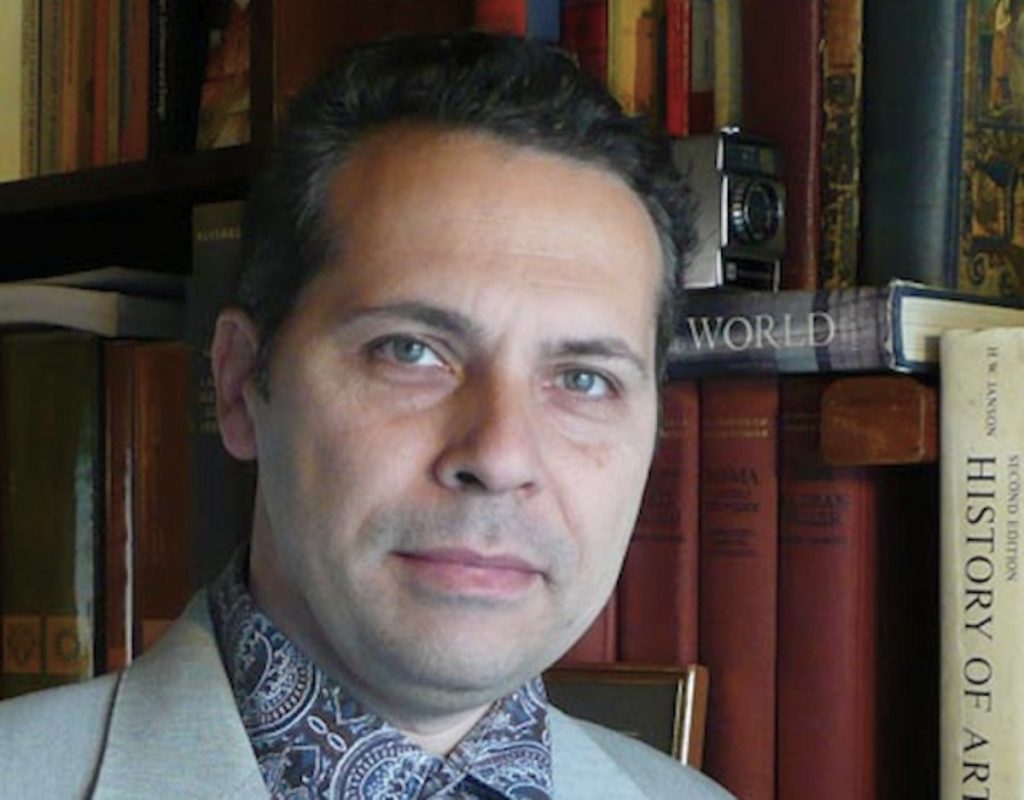Comment: Imperialist UK must sit down and talk over Assange
By Patricio Pouchulu
Problems can be seen from different perspectives, angles or distances. Political problems, however, cannot avoid an important factor sometimes dramatically ignored: time.
We recently faced a redundant crisis between two 'former' friends and 'intimate' partners: the UK and Argentina. The key to understand that crisis is that it is neither cultural (like Palestine vs Israel, where they do not know why they fight anymore), nor is it political (both UK and Argentina have well established geopolitical and legal experts for any international issue we could imagine). It is not even economic: the Falklands and surrounding seas can only be developed by joining forces, not just because of financial limitations in both sides, but also because the political tension will never allow secure investments.
The crisis of Argentina and the UK is purely dictated by two countries that (regarding international affairs) got frozen in time. The UK believes it is still a great empire. Argentina believes it is a young successful economic power (as in 1930) but, in spite of good human resources and a rich territory, its surreal policies have left broken cogs in each social, educational and economicl layer.


The dramatic problem in which Julian Assange has been trapped is not just political. Most people probably assume he is innocent of the accusation in Sweden, not because they do not trust the Sweden law system, but because every citizen in the world is innocent till the contrary is proven. We sympathise with the immense content revealed in his "leaks". It has probed what we thought for years: many countries do not just feel superior to less powerful bodies, they show a ridiculous arrogance regarding smaller, less developed countries. Accusations, false quotations, spying procedures and non-politically correct statements have confirmed this. Behind curtains, formalities are rare. We mostly find greedy interests usually based on economic and military power; even camouflaged corruption to create wars to divert the public's attention. But this is not about US politics only. Politicians tend to operate with similar methods in most countries, but only in a smaller scale.
Assange brought us the future. Governments and judicial bodies now face the possibility of changing their attitude, by revisiting international laws and protocols. Instead of punishing Assange, governments should write new moral rules, operating with transparency and good will. This debate is still missing.
Assange has had a domino effect. He behaves like a messenger… but somehow the messenger became part of the message. He is trapped in one of his leaks, wrapped by cables, frozen somewhere. He is in the UK, but also in Ecuador; he is floating on the internet. Thanks to Assange, we now know the way the Foreign Office operates. Established countries like the UK should try to build an international political system based on better moral values.
It is not that important to think whether Assange works for one side or the other; it's irrelevant to imagine he is a spy or a character from a comic magazine who tries to save the world. However, to improve international law we have to remember that countries have systematically broken it. Let's hope Assange will have time in Ecuador to prepare his defence, and at the right time he will go there by his own will to face the process. It could be part of a deal with UK.
I wonder if the UK government can revisit its own history with South America, recognising how many chances they had to prioritise a less convincing plan of action in favour of better opportunities to create potential good partnerships. This particularly applies to Argentina, which has waited for decades for the UK to sit and talk about the Falklands in the United Nations so it can later re-create excellent potential commercial and educational agreements. They feel quite ignored by the UK government, often seen with apathetic attitudes; South America, in spite of dramatic differences between its developed and undeveloped areas, would like to talk and interact with UK.
On the other hand, the UK is not the US: regarding South America, future British governments might have to stop following the United States and think of a genuine, different strategy.
British people have built a comfortable, quiet and democratic universe in a big, old island where foreigners are respected and taken in consideration. London has become the most democratic city in the world. So let's hope the UK government approaches Latin American countries similarly: the first step is to sit, listen and talk. Unfortunately, Assange and his extradition is a situation it's impossible to avoid. We all admire the UK, but internationally speaking, Britain must finally reach the 21st century, a time of multilateral relationships in a quiet, comfortable, democratic way.
Patricio Pouchulu is an Argentinean architect recognised by the British Council in 1997. Known as a contemporary futurist because of his grand projects in international competitions, he is also a practicing architect in conservation areas. He writes and lectures in Europe and South America.
The opinions in politics.co.uk's Comment and Analysis section are those of the author and are no reflection of the views of the website or its owners.









